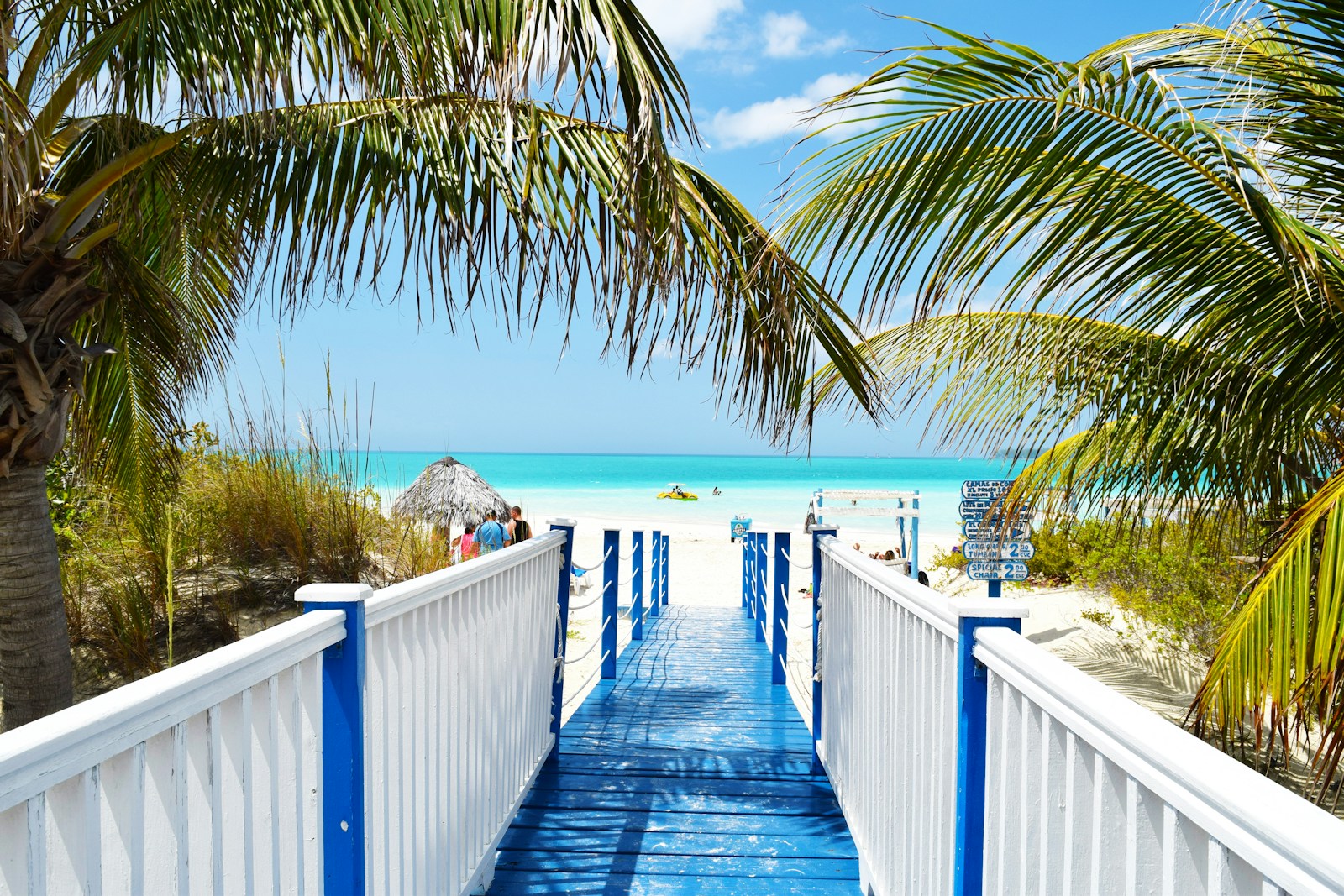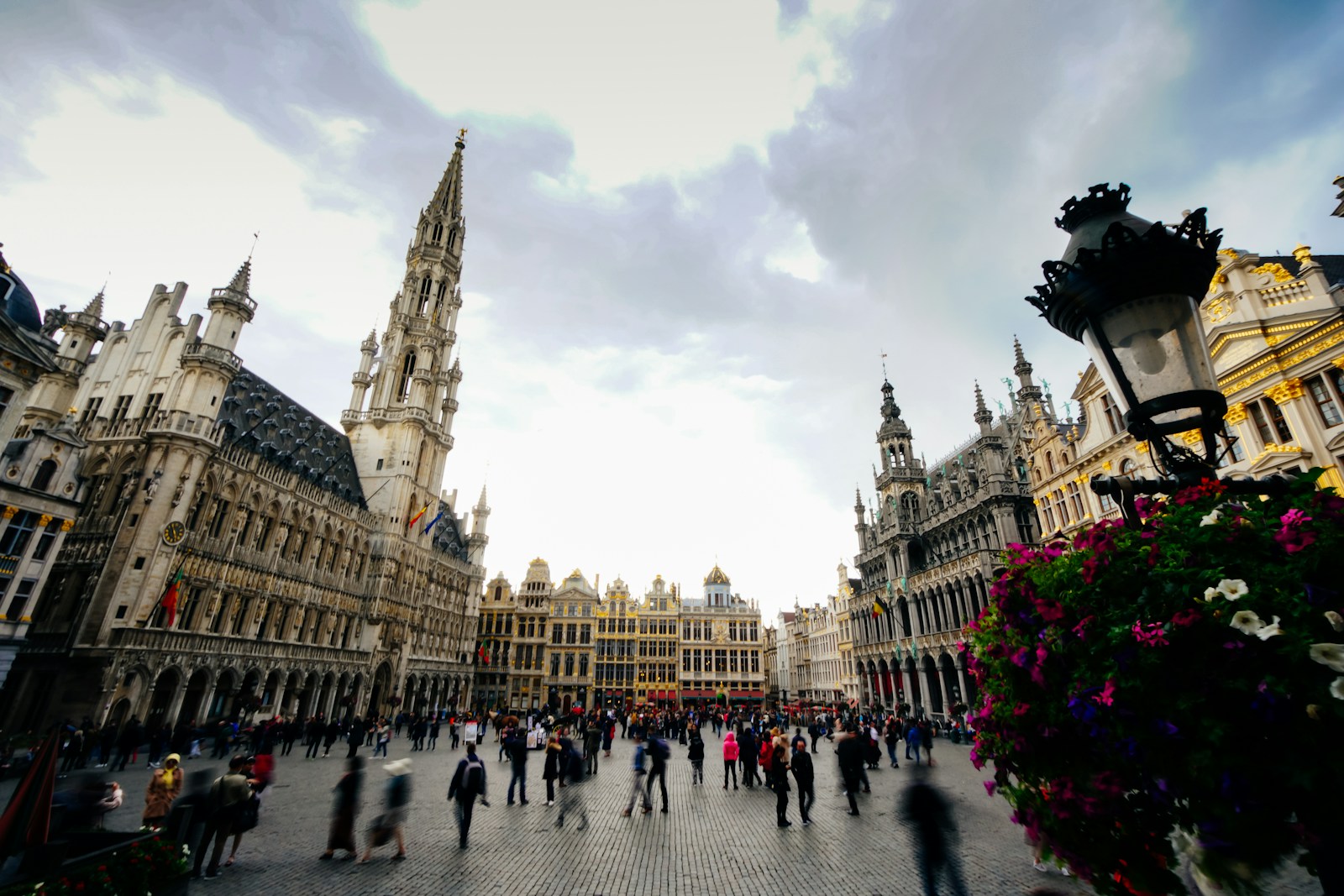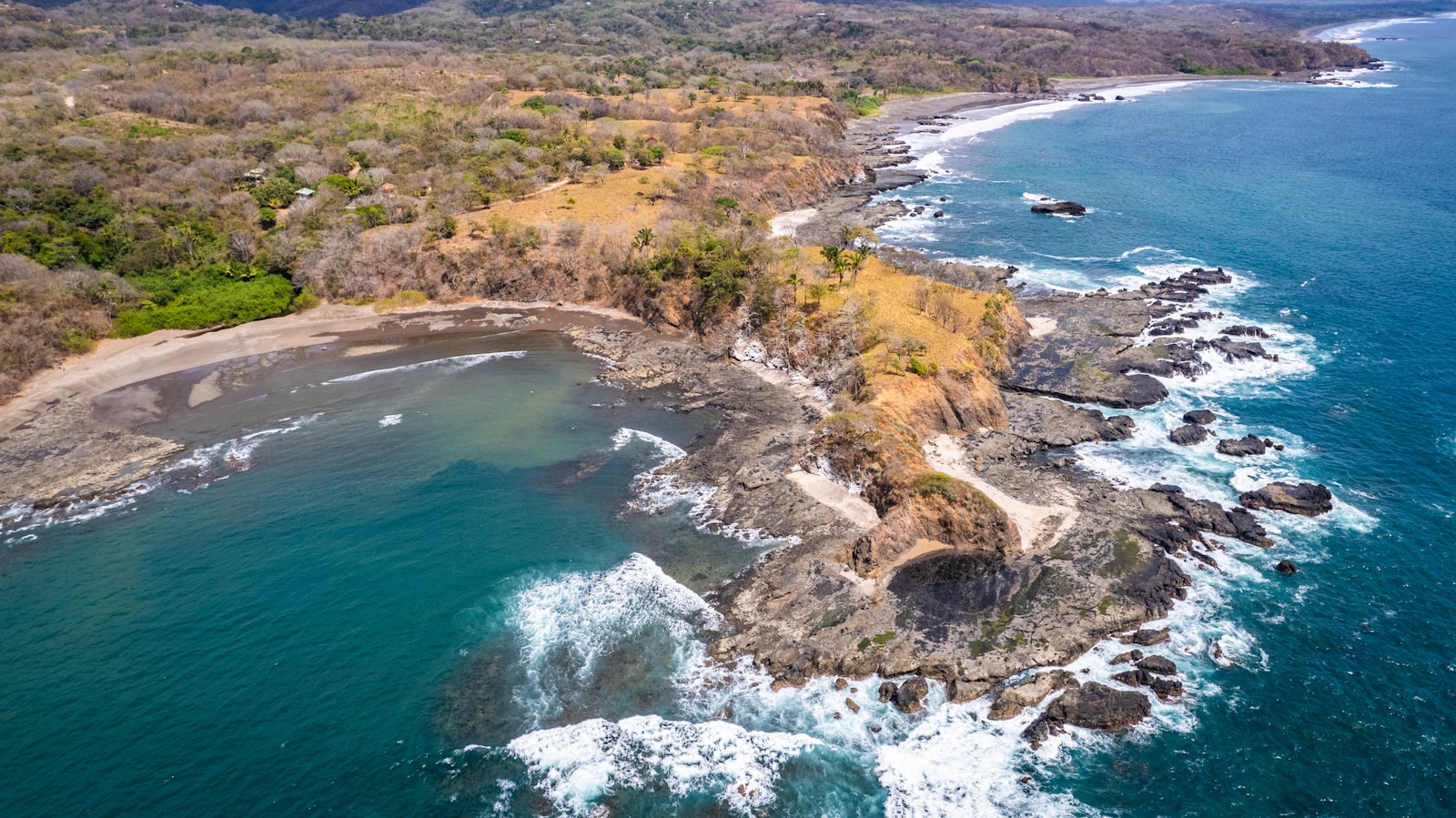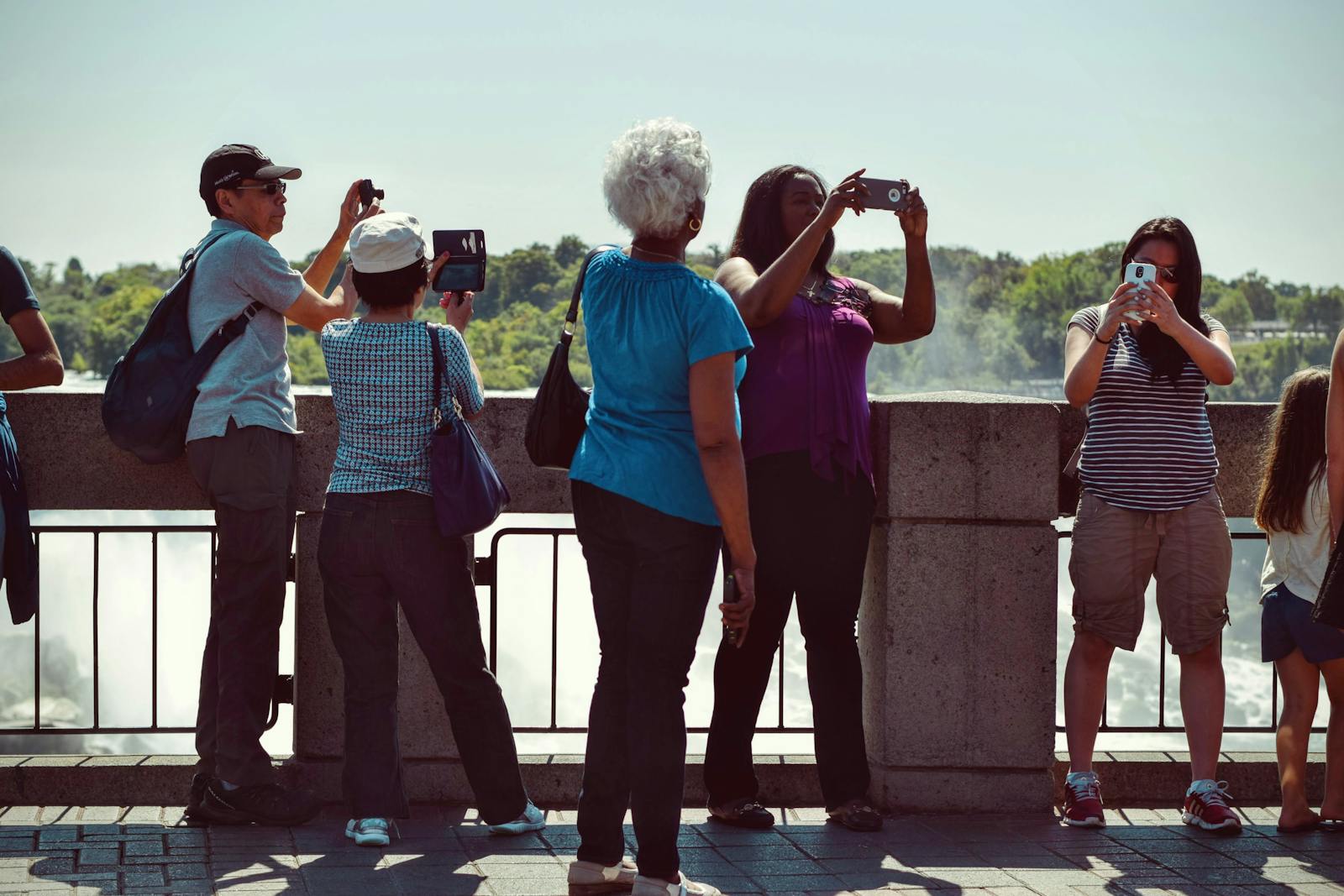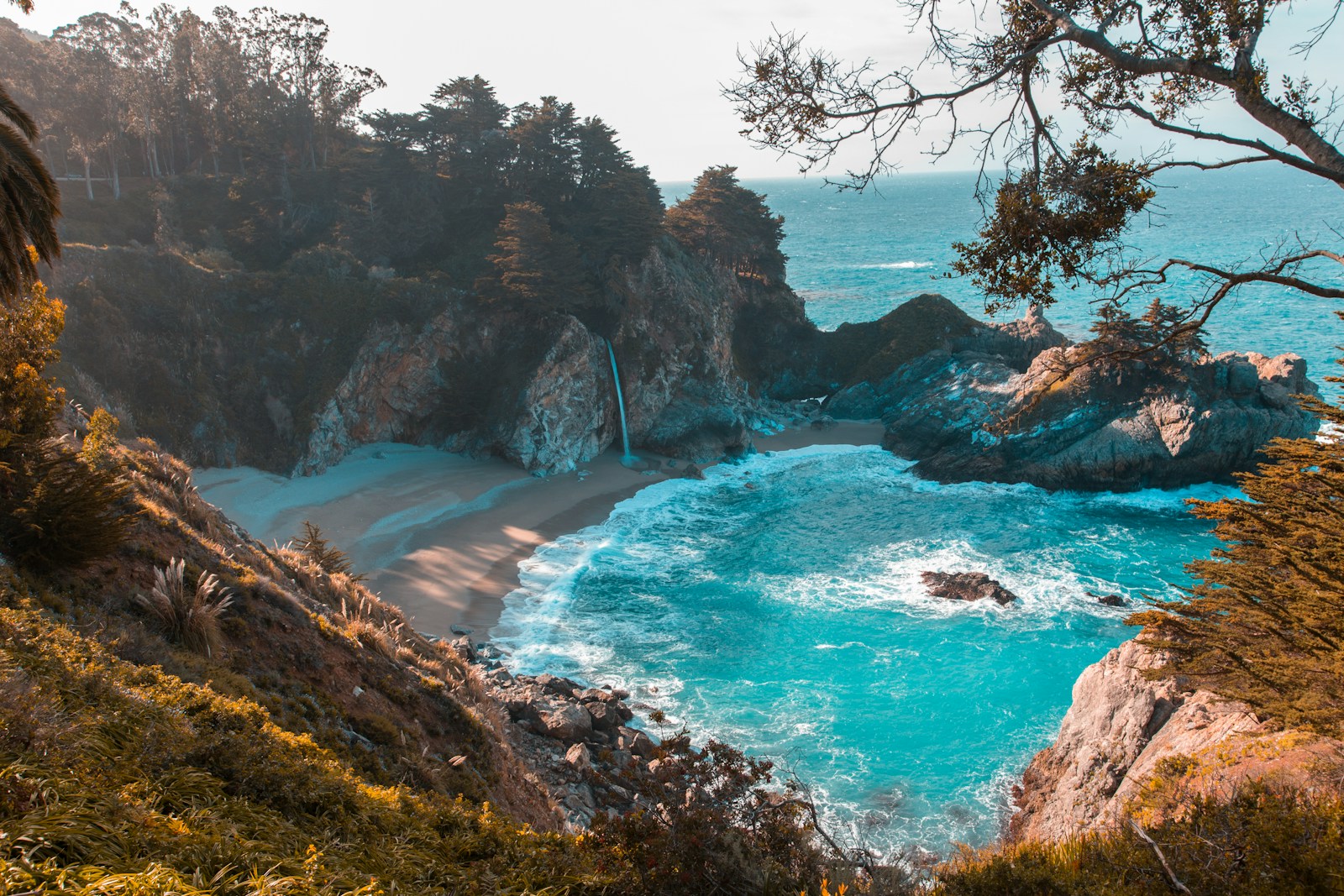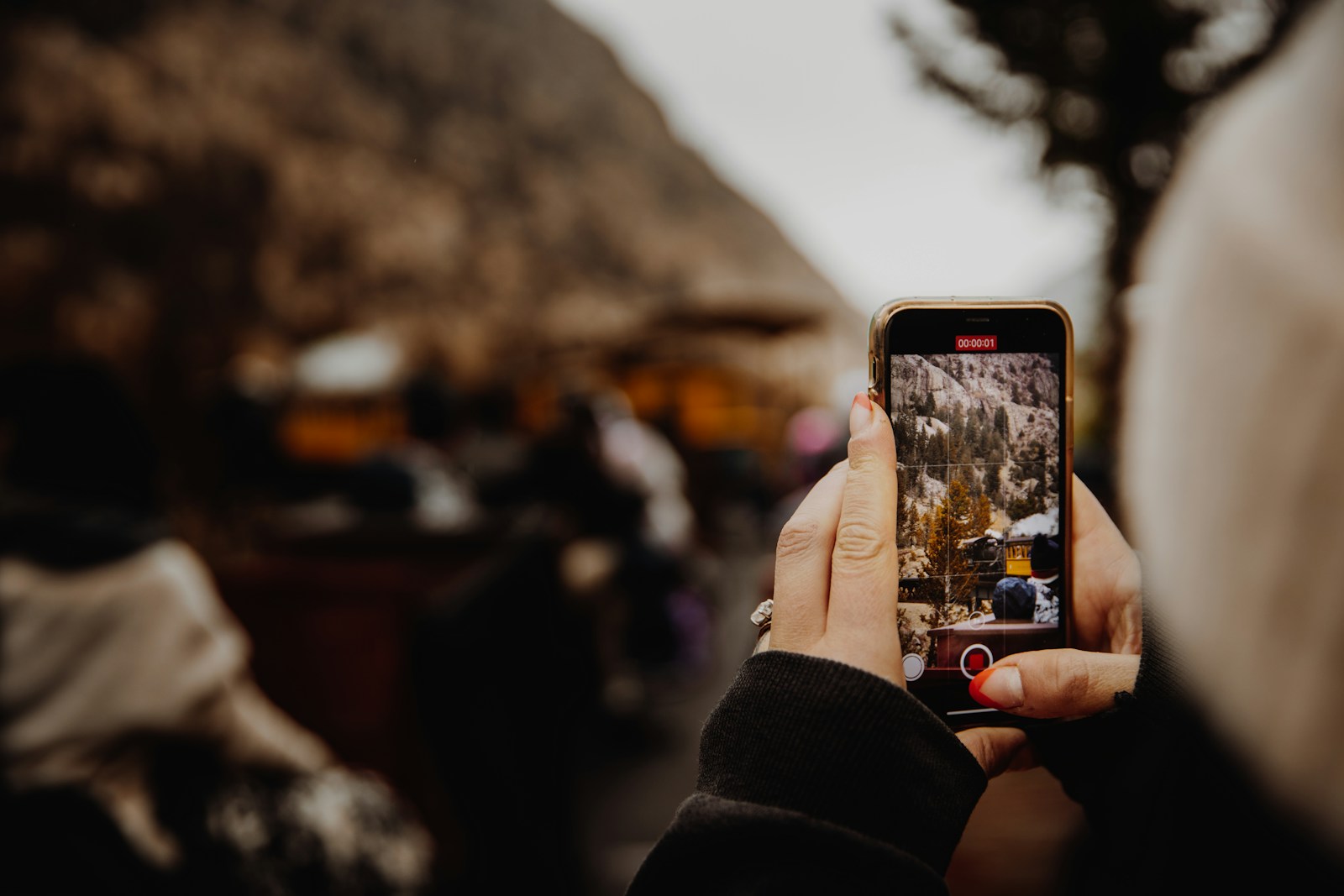Exploring the Evolution of Traditional Tourism
Travel has always been a way for people to escape their daily routines, explore new cultures, and see the wonders of the world. At its core, traditional tourism involves visiting popular destinations, staying in well-known accommodations, and experiencing the highlights that these places have to offer. Over time, as international travel became more accessible, traditional tourism evolved, allowing people from various walks of life to satisfy their wanderlust.
In today’s travel landscape, understanding traditional tourism is crucial. It offers insights into how travel has shaped global perceptions and economies. However, with the rise of alternative travel forms, many are re-evaluating their travel choices. This blog post will guide you through the various facets of traditional tourism, compare it with modern alternatives, and offer tips on how you can make a positive impact while traveling.
Traditional Tourism vs. Modern Alternatives
Traditional tourism is often characterized by visiting famous landmarks, staying in large hotels, and following well-trodden paths. In contrast, modern travel alternatives like sustainable tourism, ecotourism, and adventure travel focus on unique experiences with a reduced environmental footprint. Sustainable tourism aims to minimize negative impacts and maximize benefits for local communities. Ecotourism emphasizes conservation efforts and connects travelers with nature. Adventure travel caters to those seeking thrilling experiences off the beaten path.
Each travel style impacts destinations in different ways. Traditional tourism can boost the economy by creating jobs and generating revenue. However, it can also lead to environmental strain and cultural erosion. On the other hand, sustainable and alternative travel forms strive to preserve and celebrate local heritage while offering unique experiences that benefit both travelers and host communities.
The Timeless Appeal of Traditional Tourism
Despite the rise of alternative travel, traditional tourism remains popular for many reasons. Its convenience and comfort appeal to travelers who prefer organized tours, guided experiences, and hassle-free itineraries. Families, especially, appreciate the safety and reliability that come with well-established travel packages. Solo adventurers may find solace in the familiarity of traditional tourism, where language barriers and cultural differences are less daunting.
For many, the allure of traditional tourism lies in its predictability. There’s comfort in knowing what to expect, whether it’s a guided tour of the Louvre in Paris or a beach holiday in the Caribbean. The tried-and-tested routes provide reassurance, making them perfect for those who seek a stress-free travel experience.
The Downside of Traditional Tourism
While traditional tourism has its perks, it also comes with significant drawbacks. Overcrowding is a major issue, with iconic sites like Venice and Machu Picchu struggling to accommodate the influx of visitors each year. This not only detracts from the visitor experience but also puts immense pressure on local infrastructure and ecosystems.
Environmental damage is another concern. Mass tourism often leads to increased waste, pollution, and depletion of natural resources. The cultural impact cannot be overlooked either; traditional tourism can result in the commercialization of heritage, where local traditions are altered or diluted to cater to tourist expectations.
Case studies highlight these issues. For example, the historic center of Venice is frequently overwhelmed by tourists, leading to calls for stricter visitor limits. Similarly, the Great Barrier Reef faces significant threats from tourism-related activities, prompting conservation efforts to protect this natural wonder.
The Future of Tourism
The future of tourism is shifting towards more sustainable and responsible practices. The industry is increasingly acknowledging the need to protect natural and cultural resources while providing enriching experiences for travelers. Destinations are adopting green initiatives, and businesses are offering eco-friendly options to cater to the conscious traveler.
Travelers, too, are playing an active role in this shift. More are choosing destinations that prioritize sustainability and seeking authentic experiences that give back to local communities. This transition is paving the way for a new era of tourism that values preservation and respect over exploitation.
How Travelers Can Make a Difference
You don’t have to forgo traditional tourism to make a positive impact. Small changes in your travel habits can contribute to a more sustainable future. Consider these practical tips:
- Choose Eco-Friendly Accommodations: Opt for hotels and lodges that prioritize sustainability, such as those with eco-certifications or minimal environmental footprints.
- Support Local Businesses: Eat at locally-owned restaurants, shop at local markets, and book tours with community-based operators to ensure your money benefits the local economy.
- Travel Light and Leave No Trace: Pack light to reduce carbon emissions and be mindful of your waste. Follow the “Leave No Trace” principles to minimize your environmental impact.
Organizations like the Global Sustainable Tourism Council (GSTC) and the International Ecotourism Society provide resources and certifications to help travelers make informed choices. Engaging with these platforms can enhance your understanding of responsible travel and empower you to become a more conscious traveler.
Conclusion
Understanding traditional tourism is essential in today’s travel landscape. It provides context for how travel has evolved and highlights the need for a more conscious approach. By recognizing the downsides of traditional tourism and considering alternative practices, travelers can help ensure that the destinations they love remain vibrant and accessible for future generations.
We encourage you to reflect on your own travel habits. Every small change you make can contribute to a positive impact on the places you visit. Whether it’s choosing sustainable accommodations or supporting local communities, your decisions matter. Let’s travel responsibly and create a world where tourism benefits everyone.





